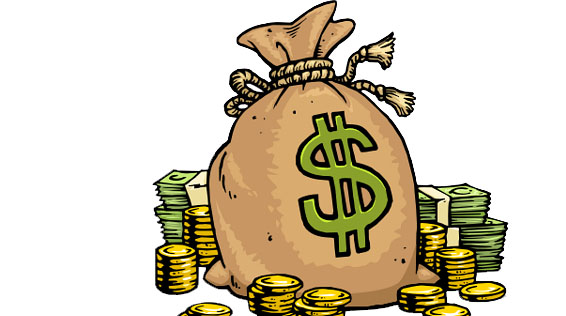
The Sunday Mail

Seeing your income dry up because of a job furlough, layoff or loss can be a scary thing, especially during a global pandemic like the coronavirus.
If you are wondering how to make your money stretch even further when you do not have an emergency fund to fall back on, these tips can help.
Expenses you can cut
The first step in making your money stretch when your regular pay-cheque disappears is deciding which expenses you need to pay and which you can do without.
For instance, basic living expenses typically centre around three things: housing, utilities and food. That means keeping up with rent or mortgage payments, paying electric, water, or gas bills and buying basic groceries as part of your bare-bones budget.
Anything beyond the basics of housing, utilities and basic food may be fair game for reducing your monthly budget expenses, including: streaming services; gym memberships; takeout meals; clothing, accessories or toys; hobbies and recreation.
It is important to pay attention to the details. For example, if food is a big part of your budget, meal planning and focusing on unit costs when shopping can help minimise spending.
You can also save on energy costs by running the dishwasher with full loads only and keeping your freezer stocked so it runs more efficiently.
Negotiating your bills is another idea for how to make your money stretch.
Bundling car insurance with homeowner’s insurance or increasing your deductibles, for example, could reduce your monthly or annual premiums.
Reducing your cellphone or internet service plan can lower those expenses, too.
Savings you may not have thought of
The Covid-19 crisis may have negative consequences on your finances, but there may be some silver linings.
Look at your budget to see how your spending habits have changed during the stay-at-home orders. You could be saving a significant amount of money if you are not: eating out at restaurants; travelling for fun; socialising with friends; commuting to work daily; impulse buying at the grocery store; and shopping for new clothes.
For example, if you normally spend $200 a month on eating out and you have been cooking all your meals at home for the last two months, that is $400 in savings.
Just make sure
you take action
The worst thing you can do when strapped for cash, especially in a situation like the Covid-19 pandemic, is nothing.
Sticking your head in the sand and ignoring the bills will only make things worse. Instead, come up with a plan to tackle the bills and cut expenses as much as possible. This will make the financial storm easier to bear until it passes. – The Balance.



